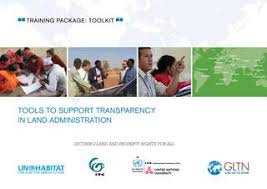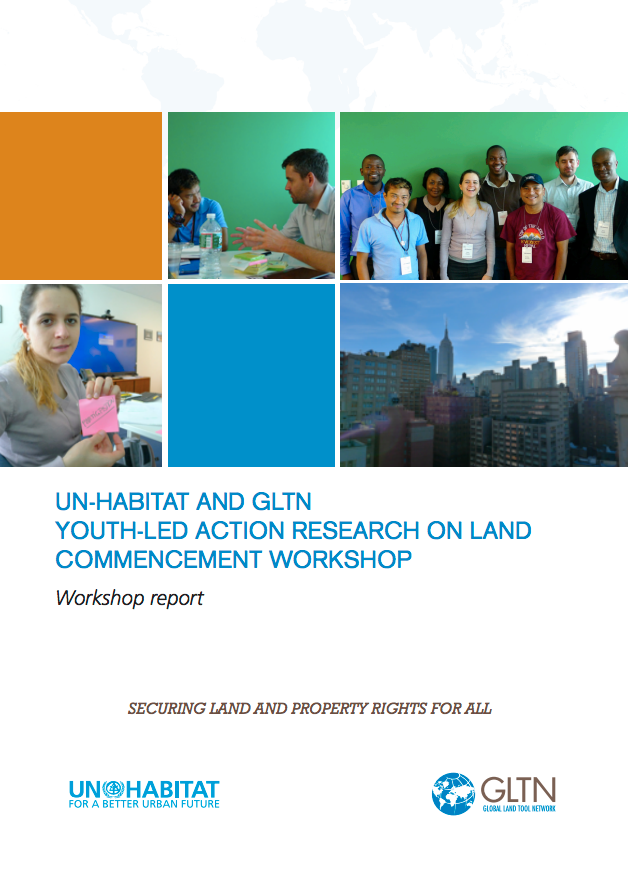Location
UN-Habitat is the United Nations programme working towards a better urban future.
Its mission is to promote socially and environmentally sustainable human settlements development and the achievement of adequate shelter for all. Cities are facing unprecedented demographic, environmental, economic, social and spatial challenges. There has been a phenomenal shift towards urbanization, with 6 out of every 10 people in the world expected to reside in urban areas by 2030. Over 90 per cent of this growth will take place in Africa, Asia, Latin America, and the Caribbean. In the absence of effective urban planning, the consequences of this rapid urbanization will be dramatic. In many places around the world, the effects can already be felt: lack of proper housing and growth of slums, inadequate and out-dated infrastructure – be it roads, public transport, water, sanitation, or electricity – escalating poverty and unemployment, safety and crime problems, pollution and health issues, as well as poorly managed natural or man-made disasters and other catastrophes due to the effects of climate change. Mindsets, policies, and approaches towards urbanization need to change in order for the growth of cities and urban areas to be turned into opportunities that will leave nobody behind. UN-Habitat, the United Nations programme for human settlements, is at the helm of that change, assuming a natural leadership and catalytic role in urban matters. Mandated by the UN General Assembly in 1978 to address the issues of urban growth, it is a knowledgeable institution on urban development processes, and understands the aspirations of cities and their residents. For close to forty years, UN-Habitat has been working in human settlements throughout the world, focusing on building a brighter future for villages, towns, and cities of all sizes. Because of these four decades of extensive experience, from the highest levels of policy to a range of specific technical issues, UN-Habitat has gained a unique and a universally acknowledged expertise in all things urban. This has placed UN-Habitat in the best position to provide answers and achievable solutions to the current challenges faced by our cities. UN-Habitat is capitalizing on its experience and position to work with partners in order to formulate the urban vision of tomorrow. It works to ensure that cities become inclusive and affordable drivers of economic growth and social development.
Members:
Resources
Displaying 136 - 140 of 224Tools to Support Transparency in Land Administration : Training Toolkit
This training toolkit aims to sensitize government agents about land administration, develop their capacity to address issues of corruption and to enhance transparency in the land sector. It focuses specifically on land administration with a view to filling the capacity development gap in the land administration sector. Training content covers key themes clustered into different training sessions related to land governance, transparency, land administration and tools that could help bring about transparency. It comes with a trainer's guide.
Tools to Support Transparency in Land Administration : Training Toolkit
This training toolkit aims to sensitize government agents about land administration, develop their capacity to address issues of corruption and to enhance transparency in the land sector. It focuses specifically on land administration with a view to filling the capacity development gap in the land administration sector. Training content covers key themes clustered into different training sessions related to land governance, transparency, land administration and tools that could help bring about transparency. It comes with a trainer's guide.
Tools to Support Transparency in Land Administration : Training Toolkit
This training toolkit aims to sensitize government agents about land administration, develop their capacity to address issues of corruption and to enhance transparency in the land sector. It focuses specifically on land administration with a view to filling the capacity development gap in the land administration sector. Training content covers key themes clustered into different training sessions related to land governance, transparency, land administration and tools that could help bring about transparency. It comes with a trainer's guide.
UN-Habitat and GLTN Youth-Led Action Research on Land Commencement Workshop Report
The land challenge is central to the broader youth dynamics of migration, employment, livelihoods and belonging. The more than 1.8 billion youth living worldwide represent not only a land challenge, but an untapped potential in moving the tenure security agenda forward. Recognizing this, the Global Land Tool Network has partnered with UN-Habitat to develop youth responsive land tools through the Youth-led Action Research on Land program. Five action research projects will be undertaken by youth organizations in Brazil, Kenya, Nepal, Yemen and Zimbabwe.
Land tenure security in selected countries: Synthesis report
In this synthesis report, the issue of tenure security is addressed and assessed in several countries where government, civil society, the private sector and development cooperation initiatives have been implemented for decades. The selected case studies from fifteen (15) countries ensure not only a geographic balance but they also represent countries with different socio-economic and land-related histories and that have followed different pathways. The studies’ key findings underline the still precarious state of tenure security in many countries.



